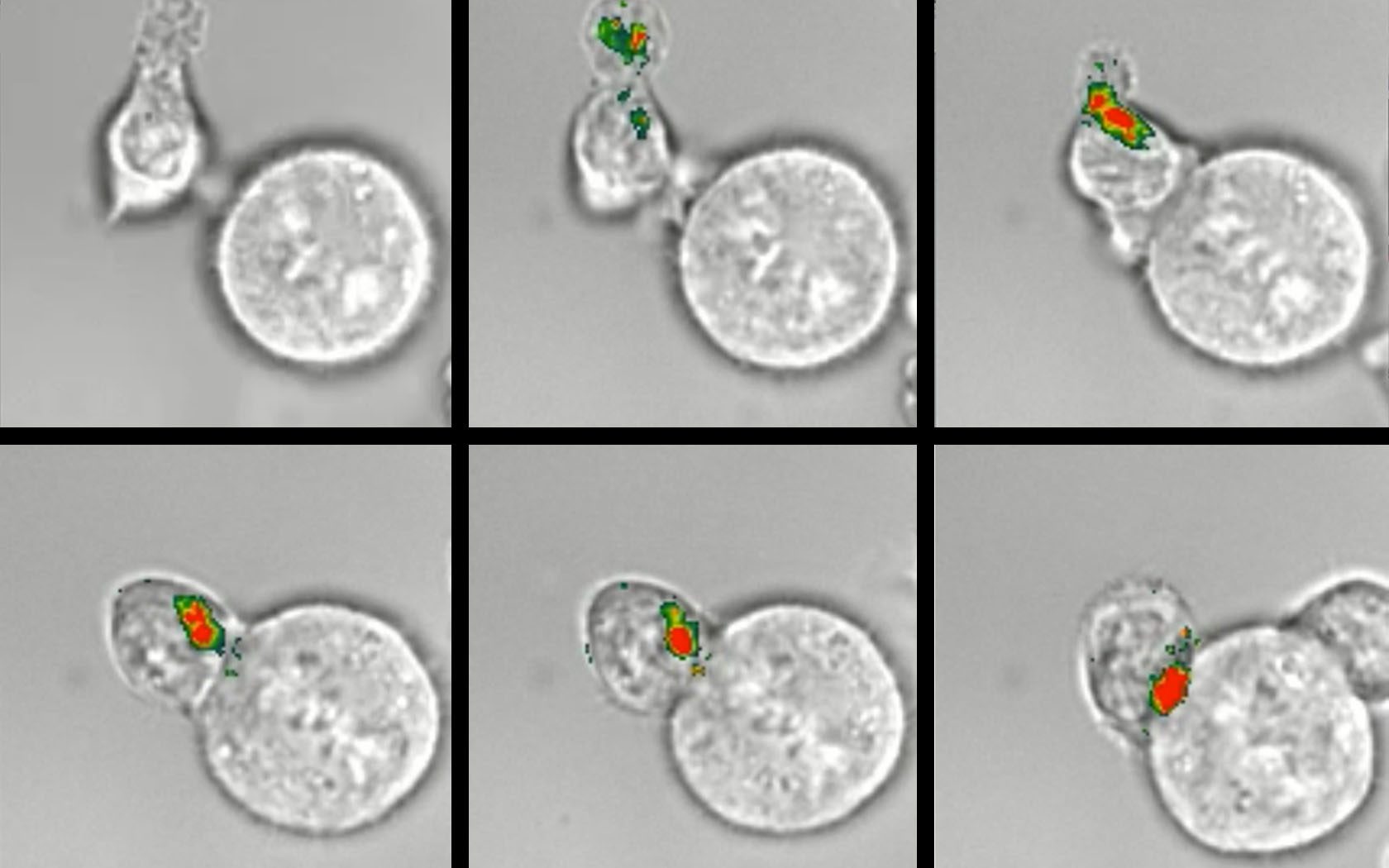- Diseases
- Acoustic Neuroma (14)
- Adrenal Gland Tumor (24)
- Anal Cancer (66)
- Anemia (2)
- Appendix Cancer (16)
- Bile Duct Cancer (28)
- Bladder Cancer (68)
- Brain Metastases (28)
- Brain Tumor (228)
- Breast Cancer (712)
- Breast Implant-Associated Anaplastic Large Cell Lymphoma (2)
- Cancer of Unknown Primary (4)
- Carcinoid Tumor (8)
- Cervical Cancer (154)
- Colon Cancer (164)
- Colorectal Cancer (110)
- Endocrine Tumor (4)
- Esophageal Cancer (42)
- Eye Cancer (36)
- Fallopian Tube Cancer (6)
- Germ Cell Tumor (4)
- Gestational Trophoblastic Disease (2)
- Head and Neck Cancer (6)
- Kidney Cancer (124)
- Leukemia (344)
- Liver Cancer (50)
- Lung Cancer (288)
- Lymphoma (284)
- Mesothelioma (14)
- Metastasis (30)
- Multiple Myeloma (98)
- Myelodysplastic Syndrome (60)
- Myeloproliferative Neoplasm (4)
- Neuroendocrine Tumors (16)
- Oral Cancer (98)
- Ovarian Cancer (172)
- Pancreatic Cancer (166)
- Parathyroid Disease (2)
- Penile Cancer (14)
- Pituitary Tumor (6)
- Prostate Cancer (144)
- Rectal Cancer (58)
- Renal Medullary Carcinoma (6)
- Salivary Gland Cancer (14)
- Sarcoma (234)
- Skin Cancer (294)
- Skull Base Tumors (56)
- Spinal Tumor (12)
- Stomach Cancer (60)
- Testicular Cancer (28)
- Throat Cancer (90)
- Thymoma (6)
- Thyroid Cancer (98)
- Tonsil Cancer (30)
- Uterine Cancer (78)
- Vaginal Cancer (14)
- Vulvar Cancer (18)
- Cancer Topic
- Adolescent and Young Adult Cancer Issues (20)
- Advance Care Planning (10)
- Biostatistics (2)
- Blood Donation (18)
- Bone Health (8)
- COVID-19 (362)
- Cancer Recurrence (120)
- Childhood Cancer Issues (120)
- Clinical Trials (622)
- Complementary Integrative Medicine (22)
- Cytogenetics (2)
- DNA Methylation (4)
- Diagnosis (224)
- Epigenetics (6)
- Fertility (62)
- Follow-up Guidelines (2)
- Health Disparities (14)
- Hereditary Cancer Syndromes (122)
- Immunology (18)
- Li-Fraumeni Syndrome (8)
- Mental Health (116)
- Molecular Diagnostics (8)
- Pain Management (64)
- Palliative Care (8)
- Pathology (10)
- Physical Therapy (18)
- Pregnancy (18)
- Prevention (882)
- Research (384)
- Second Opinion (74)
- Sexuality (16)
- Side Effects (598)
- Sleep Disorders (10)
- Stem Cell Transplantation Cellular Therapy (216)
- Support (404)
- Survivorship (324)
- Symptoms (182)
- Treatment (1764)
Fast-tracking immunotherapy to fight leukemia
BY Ron Gilmore
2 minute read | Published October 08, 2014
Medically Reviewed | Last reviewed by an MD Anderson Cancer Center medical professional on October 08, 2014

To speed the development of new cancer drugs, Bristol-Myers Squibb and MD Anderson are teaming up to conduct clinical trials of several new immunotherapy drugs that stimulate the body’s own immune system to fight cancer.
“Collaborations between industry and academia can offer a faster and broader spectrum of clinical trials to benefit patients,” said Hagop Kantarjian, M.D., chair of Leukemia at MD Anderson. “We hope innovative collaborations such as this can help lead to a higher likelihood for success across the board and will speed up the clinical development of new compounds for delivery to the patients who need them.”
MD Anderson patients will enroll in up to 10 Phase 1 and 2 clinical trials of Opdivo (nivolumab), Yervoy (ipilimumab) and three early-stage pharmaceuticals manufactured by Bristol-Myers Squibb. All are being tested as potential treatments for acute myeloid leukemia (AML), chronic lymphocytic leukemia (CLL), chronic myeloid leukemia (CML), myelodysplastic syndrome (MDS) and myelofibrosis (MF). Drugs will be tested alone and in combination with each other. Trials will be conducted by MD Anderson.
Opdivo is currently approved in Japan for the treatment of inoperable melanoma, and Yervoy is approved in the U.S. and more than 40 countries for patients with inoperable or metastatic melanoma. Trials are expected to expand the drugs’ application in treating other cancers.
“Immunotherapy is an extremely promising area of research and a key area of focus for MD Anderson’s Moon Shots Program,” said MD Anderson President Ron DePinho, M.D. “Partnerships between academia and industry have the potential to significantly advance the application of new discoveries to cancer treatment.”
Additional studies conducted by MD Anderson and Bristol Myers will be determined at a later date.
